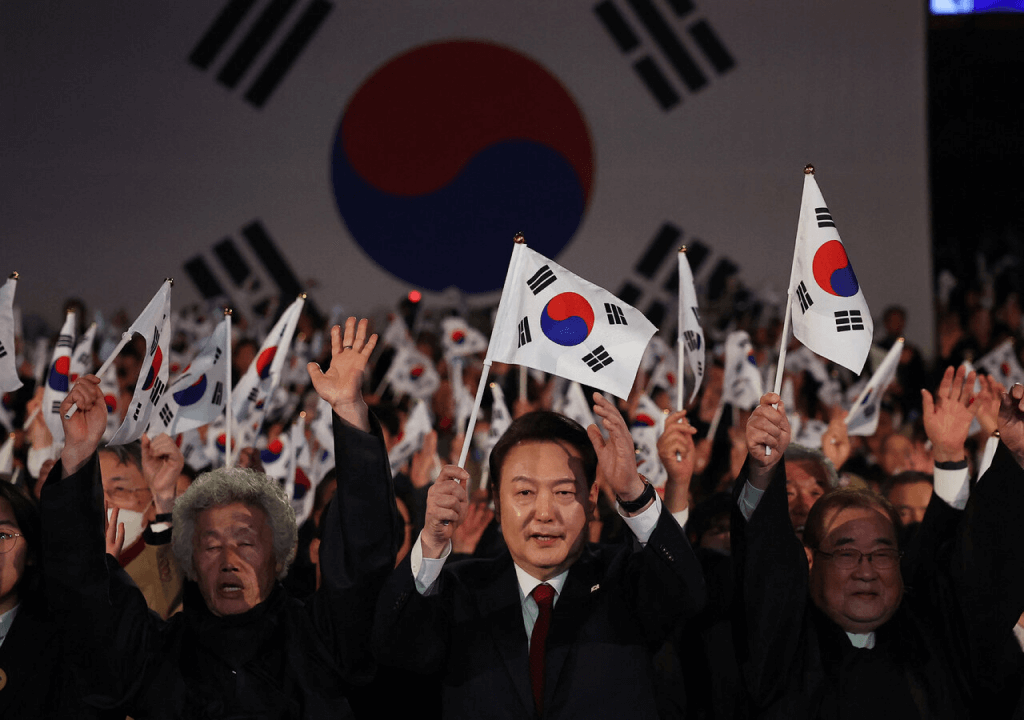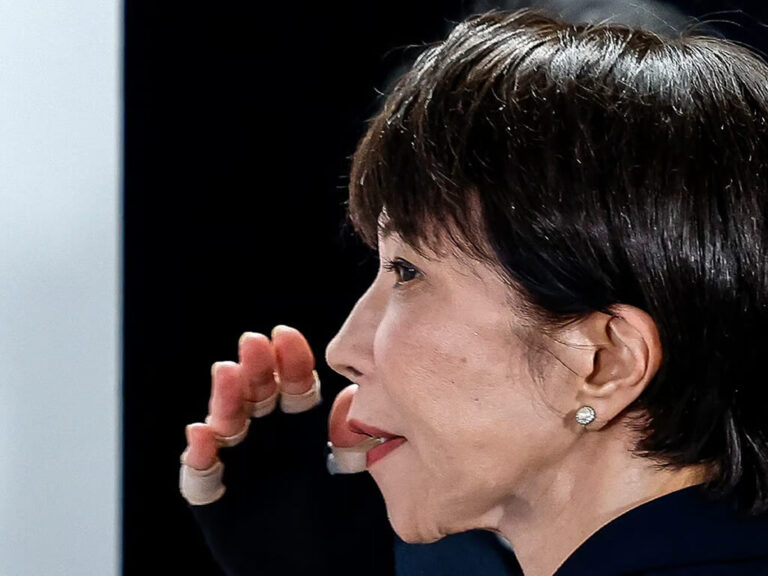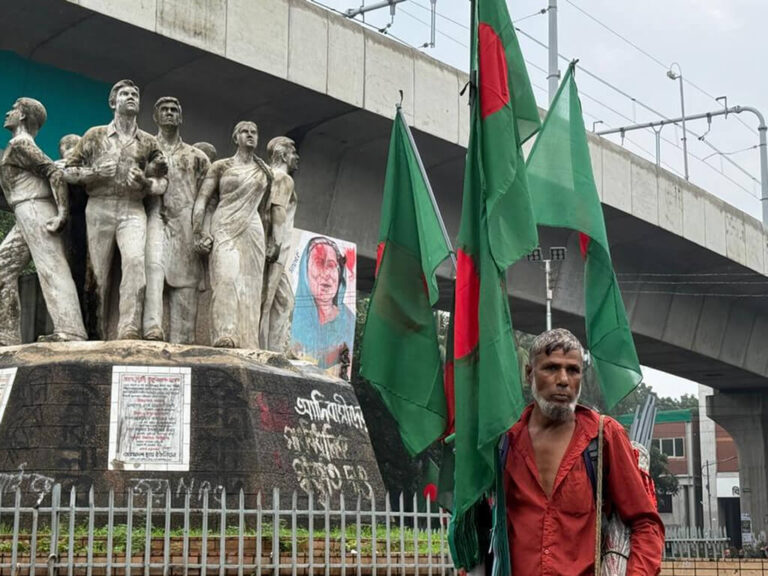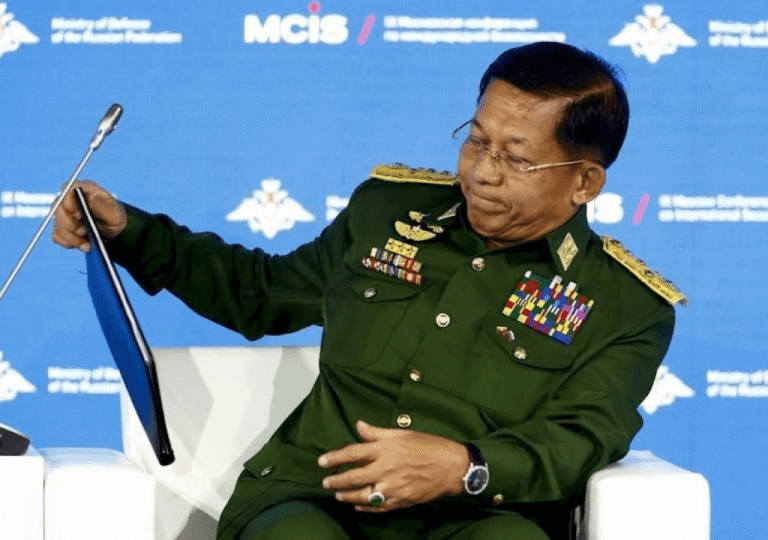South Koreans will cast their ballots to choose a new National Assembly on April 10. President Yoon Suk Yeol’s ruling party is attempting to reclaim a parliamentary majority as the official campaign for the next general election in South Korea began on Thursday. The upcoming parliamentary election is commonly perceived as a midterm assessment of President Yoon Suk Yeol’s leadership and a chance to counteract attempts by the opposition to impede his conservative agenda. It will also be a confidence test for the opposition Democratic Party, which has controlled the Assembly for the previous four years. In the capital city of Seoul, leaders of the nation’s main political parties hosted rival events to jubilant supporters, signaling the start of nearly two weeks of campaigning ahead of the vote on April 10.
Mr. Yoon secured the presidential election by a narrow margin in March 2022. Within three months, his People Power Party achieved victories in several major-city mayoral and provincial governor races. Nevertheless, Mr. Yoon’s presidency has faced significant obstacles, including his party’s constrained influence in the single-chamber Assembly and his declining approval ratings.
The upcoming electoral contest carries immense weight for Mr. Yoon’s administration. A triumph for his party could inject vigor into his ambitious reform agenda, spanning healthcare, education, labor, national pension systems, and the pledge to dissolve the Ministry of Gender Equality. Additionally, it would validate his efforts to align South Korea more closely with the United States.
Given South Korea’s single-term presidency, which confines Mr. Yoon’s tenure to 2027, securing a parliamentary majority is imperative for advancing his policy objectives.
The People Power Party, led by Han Dong-hoon, frames the election as a pivotal moment to reshape politics and enhance public welfare. Han has taken a combative stance, branding opposition leaders as “Criminals” and vowing to hold them accountable, a strategy he portrays as addressing the populace’s concerns.
Central to the PPP’s appeal is its promise to purge what Mr. Yoon labels as corrupt “Anti-State” progressives from the heart of South Korean politics, a message resonating strongly with conservative voters.
However, despite Mr. Yoon’s approval rating languishing around 34 percent and public dissatisfaction mounting over the lackluster economy, the opposition Democratic Party (DP) and a newly formed minor third party are leading in certain polls. Projections from the Yonhap News Agency indicate that opposition parties could secure over 200 seats in the 300-member Assembly, granting them the authority to impeach the president or override his veto power.
Analysts view the upcoming election as an extension of the closely contested 2022 presidential race, where Mr. Yoon narrowly defeated the DP’s current leader, Lee Jae-myung, by a mere 0.73 percent margin. Lee is currently embroiled in multiple investigations, including allegations of bribery related to a company suspected of unlawfully transferring $8 million to North Korea. Despite denying all charges, Lee’s credibility remains under scrutiny. Additionally, there has been a surge in support for a party formed by former justice minister Cho Kuk, who faces a two-year prison sentence for falsifying credentials to facilitate his children’s admission into prestigious universities. He is currently appealing the verdict.
Lee has urged voters to view the election as a referendum on Mr. Yoon’s governance over the past two years, criticizing the administration’s perceived incompetence, the soaring cost of living, and its hawkish stance toward North Korea, which he believes jeopardizes peace on the Korean Peninsula. The liberal opposition’s rallying cry is to “punish” the Yoon government for a range of issues, from escalating consumer prices to its rejection of a parliamentary bill aimed at initiating an independent investigation into allegations of corruption involving the first lady, Kim Keon Hee.
Out of the 300 parliamentary seats in contention, 254 are determined through voting across various electoral districts nationwide. These contests primarily pit Mr. Yoon’s People Power Party against the opposition Democratic Party. The remaining 46 seats, not tied to specific districts, are allocated among smaller political factions based roughly on their proportional representation in a parallel nationwide poll.
Despite the fact that South Korea faces many complicated issues, including a stagnant economy, skyrocketing housing costs, an aging population, growing income inequality, a gender gap that is especially noticeable among young people, and an increasing nuclear and missile threat from North Korea. That being said, almost all issues are seen via a partisan lens due to the nation’s widening political split. According to analysts, this election is more about playing on voters’ fears and animosities toward rival groups than it is about meaningful policy conversation.








